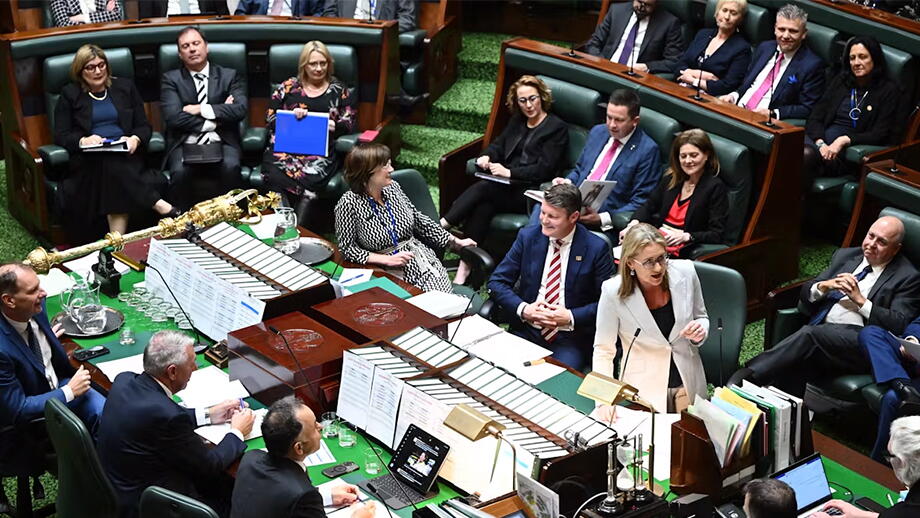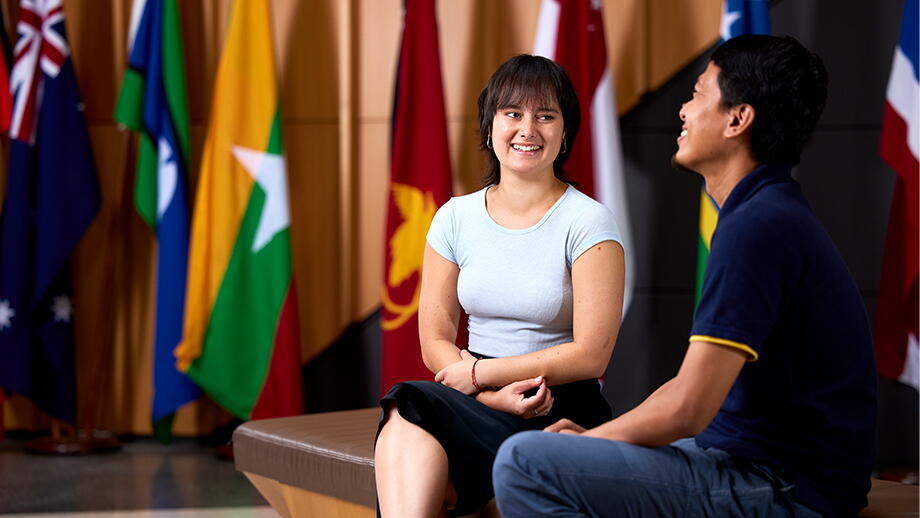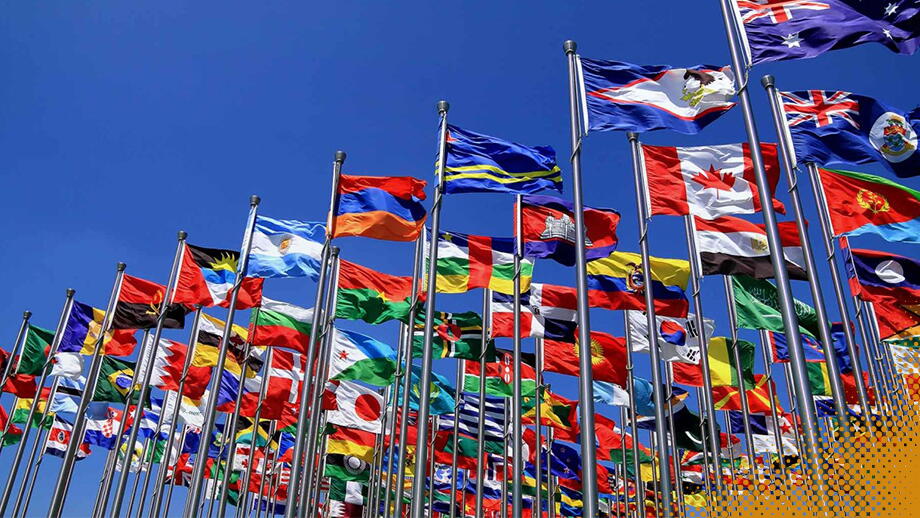In Short:
While the idea of a gender-sensitive parliament is over 20 years old, institutional reforms in the name of gender equality have been slow to materialise around the world. In this article, we uncover the work undertaken by feminists in an Australian academic institution to support the 2021 independent inquiry of the Australian Human Rights Commission into Commonwealth parliamentary workplaces.
Key findings
While the idea of a gender-sensitive parliament is over 20 years old, institutional reforms in the name of gender equality have been slow to materialise around the world.
Where change has occurred, it appears to have been catalysed by a limited range of (sometimes confluent) factors including the public airing of allegations of sexual misconduct in the #MeToo era, the increasing salience of gender-sensitive parliament international norms, and the role of feminists in the academy.
In this article, we uncover the work undertaken by feminists in an Australian academic institution to support the 2021 independent inquiry of the Australian Human Rights Commission into Commonwealth parliamentary workplaces.
This work informed the analysis and recommendations in the Australian Human Rights Commission’s report, and since its launch, has also kept pressure on the various bodies entrusted with implementing gender-sensitive changes.
We argue that feminists in the academy are uniquely positioned to navigate insider and outsider roles in support of gender-sensitive parliamentary reform.
Contact
Natalie Barr
Chief Operations Officer
You may also like
Addressing barriers and forging pathways to women’s participation in politics
We collaborated with Women for Election (WFE) to explore what is preventing women and gender diverse Australians from greater participation in politics – particularly those from under-represented…
A fair go for all
The desire – and need – for intergenerational policymaking has never been greater. This research sought to understand the extent to which Australian voters care about longterm policymaking, whether…
Bolstering the boys club
Much of the research on gender and diplomacy to date has focused on those already let into the ‘club’ of international elites and details the impact of the exclusion of women in senior positions and…




